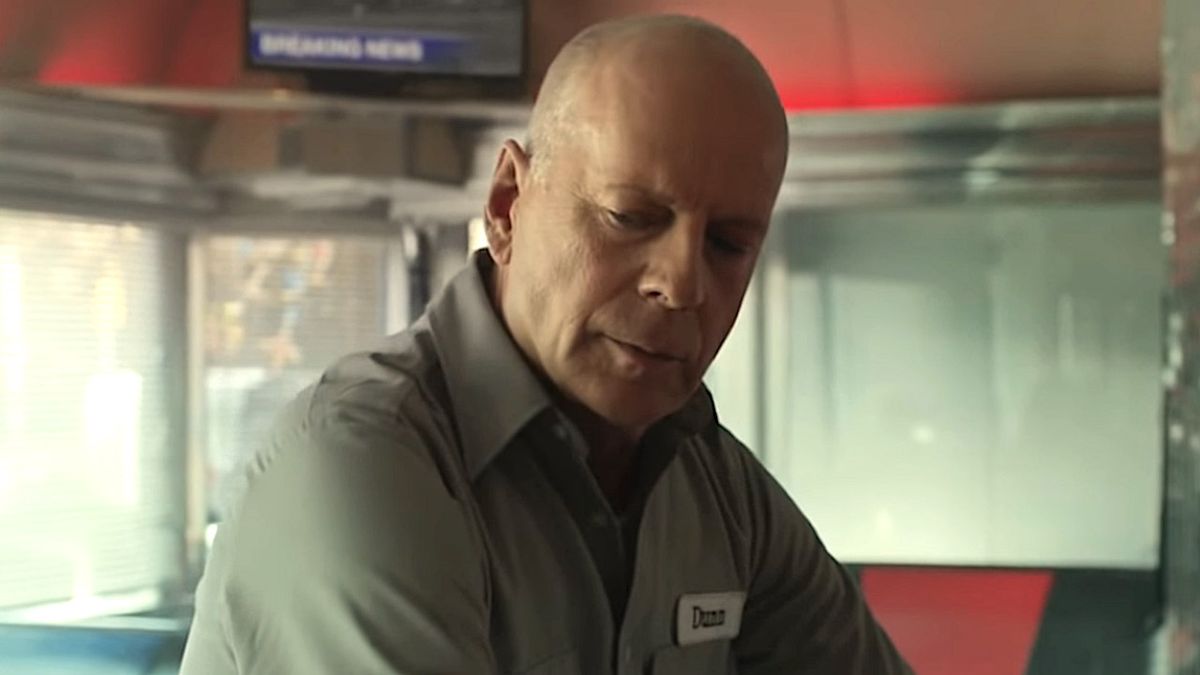In March 2022, Bruce Willis was forced to retire from acting due to being diagnosed with aphasia. By the following February, Willis’ family shared with the public that his condition had progressed to frontotemporal dementia, and that “challenges with communication are just one symptom of the disease Bruce faces.” Now the Die Hard alum’s wife, Emma Heming Willis, has shared an update on his diagnosis, which included mentioning how “dementia is hard” not just for her husband, but the entire family.
Emma, who has two children with Bruce Willis and is the founder of Make Time Wellness, opened up about her experience as a caregiver during her while appearing on TODAY for World Frontotemporal Dementia Awareness Week alongside Susan Dickinson, the CEO of the Association for Frontotemporal Degeneration. She said the following about what it’s like caring for someone who has a condition like this:
Dementia is hard. It’s hard on the person diagnosed, it’s also hard on the family. And that is no different for Bruce, or myself, or our girls. When they say this is a family disease, it really is.
Emma Heming Willis was also asked whether her husband is aware of his condition, to which she answered, “It’s hard to say.” Susan Dickinson added that frontotemporal dementia is different from Alzheimer’s in a few ways, namely because it affects the language processing centers of the brain rather than the memory ones, and that along with the aforementioned communications issues, the condition affects “speech, behaviors, personality and what we call executive functioning.” As far as symptoms to look out for, Dickinson mentioned things like going from speaking normally to having “trouble putting their thoughts into meaningful sentences” or losing “the meaning of a specific word,” as well as suddenly struggling with finances, facing problems at work and “making poor decisions or (not) completing tasks.”
Regarding her personal experience goes, Emma Heming Willis stated that learning that Bruce Willis is dealing with frontotemporal dementia has been both a “blessing and a curse,” because although accepting his condition was “painful,” at least “being in the know of what is happening to Bruce makes it a little easier.” She also said that she prefers to call herself a “care partner,” because it’s important that those looking after people with dementia or similar illnesses look after themselves so that they can be the best care partner for the person they’re caring for.” Heming Willis then described Bruce as “the husband who keeps giving,” and said that he taught their daughters, Mabel and Evelyn, “love, patience and resilience” as part of the not-so “conventional” way he’s fathering them these days.
Emma Heming Willis’ update on how Bruce Willis is doing comes five months after she shared a quote her husband used to say that helps keep her grounded, “He just can’t get out of his own way.” That same month, the Unbreakable actor officially became a grandfather, as his daughter Rumer gave birth to her first child. It’s also worth mentioning that despite retiring from acting, we could end up seeing Willis on screen one more time, as director Quentin Tarantino is reportedly looking to include him in his upcoming movie The Movie Critic. If that happens, this will be their first time working together since Pulp Fiction.
Keep visiting CinemaBlend for more coverage about how Bruce Willis and his family are doing. For those now in the mood to revisit his filmography, you can always start by streaming Die Hard with your Hulu subscription to celebrate its 35th anniversary.
